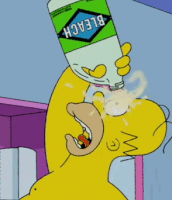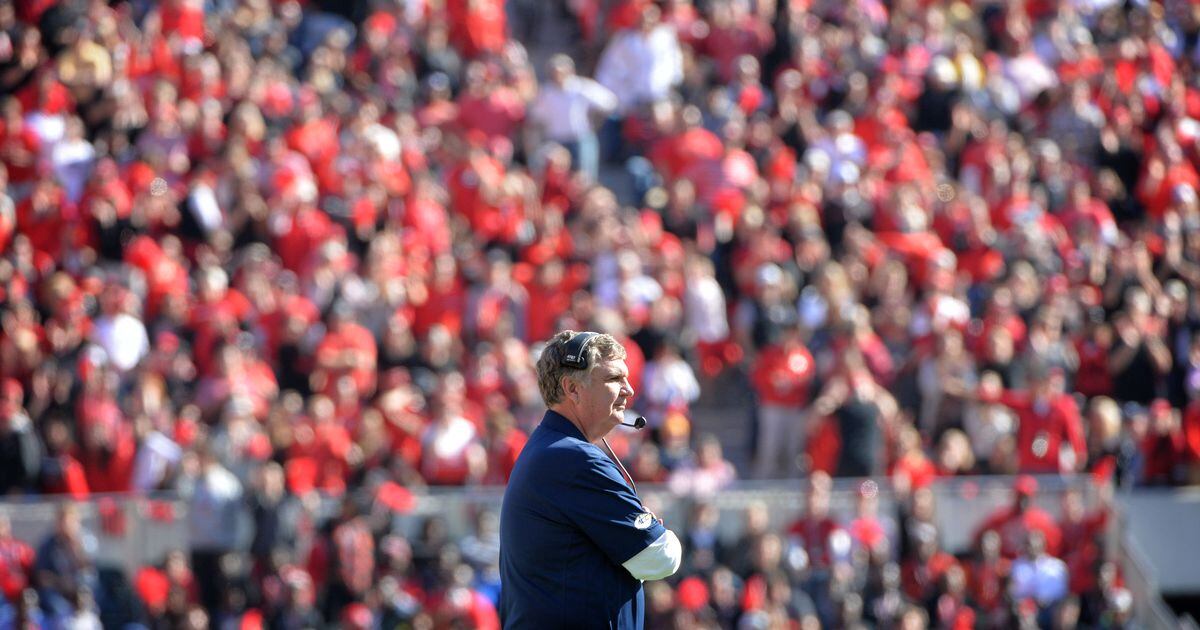People bring up this point of "he didn't win enough at x with their resources so why would we hire him here with less?" fairly often. The problem is winning enough at UF and winning enough here are two different things. Mullen won nearly 70% of his games at UF. In a 13 game season, so including bowls, that's averaging 9 wins. That got him fired at UF. It'd get a statue built of him here. He won't have the same resources here as UF, but what it means to win enough will also not be the same. That's why I look at his time at MSU as being more telling. He was there longer, meaning he had a chance to build it more, but also it was a closer situation to what we have. He won less at MSU than he did at UF, but I think he'd be remembered as an extremely successful coach there while a disappointing one at UF.
Also, his worst year was his fourth and his best two were his first and second. While that could be concerning, it also is pretty analogous to Johnson here who won 19 games in his first two years and then went 6-7 in year 3. Mullen wasn't given a chance to show if that 4th year was the new normal or if he'd bounce back. Either way, Florida came to the conclusion, likely correctly, that even if he bounced back, it'd be bouncing back to 10 wins, not 13, and so it wouldn't be what they wanted. But there is a reason UF is on their 4th HC since Meyer left after 2010. They don't really give coaches time to settle in. Better win now and win a lot or they'll try again shortly.
As far as not moving the program forward, he won 70% of his games and that's after a 5-6 year that brought him down. His first three years he won 76% of his games. I'd argue he didn't move the program forward because when you get to the point where 10 wins is pedestrian, there is no guarantee that any coach will move it forward, and even if they are capable of doing it, it may not happen immediately. It took Dabo until his 7th full year before they competed for a national title and won only one conference title during that time period. In general, there is a principle that it is harder to make gains the closer you are to the max. To put it with numbers. It's easier to improve by 2 games when you are starting at 6 than when you're starting at 10. As far as the specifics go, I think his biggest mistake at UF was in regards to the defense, and in particular him sticking with underperforming assistants.



